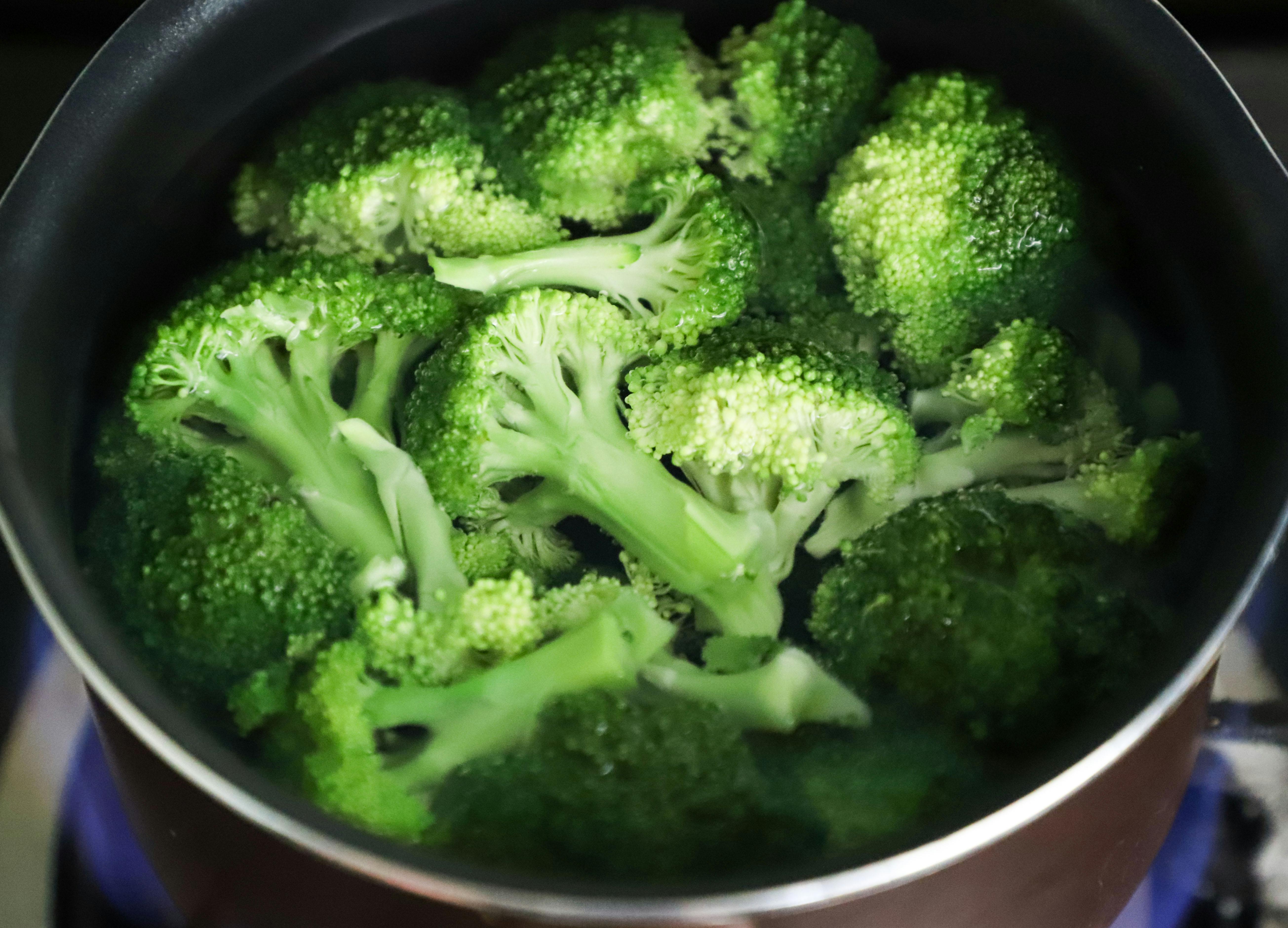You’ve decided to embrace the ketogenic lifestyle, focusing on low-carb, high-fat foods to achieve your health and weight loss goals. However, as the weekend approaches, you find yourself questioning whether you can still enjoy a few drinks while staying true to your keto journey. In this article, we will explore the relationship between keto and alcohol, providing you with the information you need to make informed decisions and navigate social situations without compromising your progress. So, sit back, relax, and let’s uncover the truth about keto and alcohol.

This image is property of images.pexels.com.
Effects of Alcohol on Ketosis
Alcohol and ketosis are two contrasting factors when it comes to following a ketogenic diet. While alcohol may seem like a harmless indulgence, it can have significant effects on your progress in achieving and maintaining ketosis. In this article, we will discuss how alcohol affects ketosis and its potential implications for your weight loss journey. Understanding these effects will help you make informed decisions about consuming alcohol while on a ketogenic diet.
1. Alcohol and Ketosis
Before delving into the effects of alcohol on ketosis, let’s first understand the basic principles of ketosis. Ketosis is a metabolic state in which the body primarily burns fat for fuel instead of carbohydrates. This is achieved by significantly reducing carbohydrate intake and increasing fat consumption. In this state, the body produces ketones, which serve as an alternative energy source.
Alcohol, on the other hand, is a substance that is metabolized differently by the body. When you consume alcohol, your liver prioritizes its metabolism, as alcohol is considered a toxin. In the presence of alcohol, the liver will temporarily halt the process of ketogenesis, the production of ketones.
2. How Alcohol Affects Ketosis
When alcohol is consumed, the body recognizes it as a readily available source of energy. As a result, the body shifts its focus from burning fat to metabolizing alcohol. This metabolic shift can disrupt the fat-burning process and temporarily halt ketosis.
Furthermore, alcohol itself contains calories. While alcohol is empty calories, meaning it provides little to no nutritional value, it still contributes to your overall calorie intake. Excessive alcohol consumption can easily lead to an excess of calories, making it challenging to maintain a calorie deficit required for weight loss.
3. Slowed Weight Loss
One of the primary reasons to follow a ketogenic diet is to achieve weight loss. However, consuming alcohol can impede your weight loss progress. As mentioned earlier, alcohol provides empty calories and can lead to an excess calorie intake, which can hinder your ability to maintain a calorie deficit and lose weight effectively.
Moreover, alcohol affects your body’s ability to burn fat efficiently. When alcohol is present in your system, the body prioritizes metabolizing it over fat. This slowdown in fat metabolism can further slow down your weight loss progress.

This image is property of images.pexels.com.
4. Impact on Liver Function
The liver plays a crucial role in the process of ketosis. It is responsible for producing ketones and metabolizing fats. However, when alcohol is consumed, the liver shifts its focus to metabolizing alcohol as a priority. This diversion of resources can strain the liver and impede its ability to efficiently produce ketones and metabolize fats. Over time, this can lead to a slowdown in ketosis and undermine your weight loss efforts.
Furthermore, excessive alcohol consumption can lead to liver damage, such as fatty liver disease or inflammation, which can further impair liver function. Having a compromised liver can make it more difficult for your body to enter and maintain a state of ketosis.
5. Dehydration
Alcohol is a diuretic, meaning it increases urine production and can lead to fluid loss. This diuretic effect can result in dehydration, a condition that can negatively impact various bodily functions, including your ability to maintain ketosis.
Dehydration can hinder the body’s ability to break down and utilize stored fat effectively. When you’re dehydrated, your body may prioritize water retention, leading to bloating and water weight gain. This can mask any progress you have made in terms of fat loss and make it more challenging to achieve your weight loss goals on a ketogenic diet.

This image is property of images.pexels.com.
6. Increased Cravings
Alcohol consumption can trigger increased cravings for unhealthy, carbohydrate-rich foods. This is because alcohol stimulates the reward center in your brain, leading to heightened sensations of pleasure and a desire for more pleasurable experiences, such as indulging in high-carbohydrate snacks and meals.
These increased cravings can make it difficult to stick to a low-carbohydrate diet, as you may find yourself succumbing to temptations and consuming foods that are not conducive to maintaining ketosis. This can disrupt the delicate balance of macronutrients required to stay in a state of ketosis and hinder your weight loss progress.
7. Disruption of Sleep Patterns
Alcohol consumption can negatively impact your quality of sleep. While alcohol may initially make you feel drowsy, it can disrupt the sleep cycle and prevent you from entering into the deep, restorative stages of sleep.
Poor sleep can have a cascading effect on your health and weight loss efforts. It can lead to increased levels of stress hormones, such as cortisol, which can interfere with your body’s ability to burn fat efficiently. Additionally, lack of quality sleep can affect hunger hormones, causing an increase in appetite and making it more challenging to adhere to a ketogenic diet.
8. Increased Risk of Nutrient Deficiencies
Alcohol can interfere with the absorption and utilization of essential nutrients in the body. Specifically, alcohol can deplete important vitamins and minerals, such as B vitamins, magnesium, and zinc.
These nutrients play crucial roles in various bodily functions, including metabolism, energy production, and immune function. Deficiencies in these nutrients can impair your overall health and have a negative impact on your weight loss journey.
17. Avoiding Alcohol if Following Medical Advice
If you are following a ketogenic diet under medical advice, it is imperative to avoid alcohol consumption. Certain medical conditions, medications, and treatments may require strict adherence to a ketogenic diet, and alcohol can disrupt the therapeutic effects of the diet.
Always consult with your healthcare provider before incorporating alcohol into your ketogenic diet if you have any medical conditions or if you are taking any medications that may interact with alcohol.
In conclusion, while occasional alcohol consumption may be permissible on a ketogenic diet, it is important to understand the potential effects alcohol can have on ketosis and weight loss progress. Alcohol can slow down weight loss, impact liver function, cause dehydration, increase cravings, disrupt sleep patterns, increase the risk of nutrient deficiencies, and interfere with medical advice. It is crucial to make informed choices and prioritize your health and weight loss goals while following a ketogenic lifestyle.

